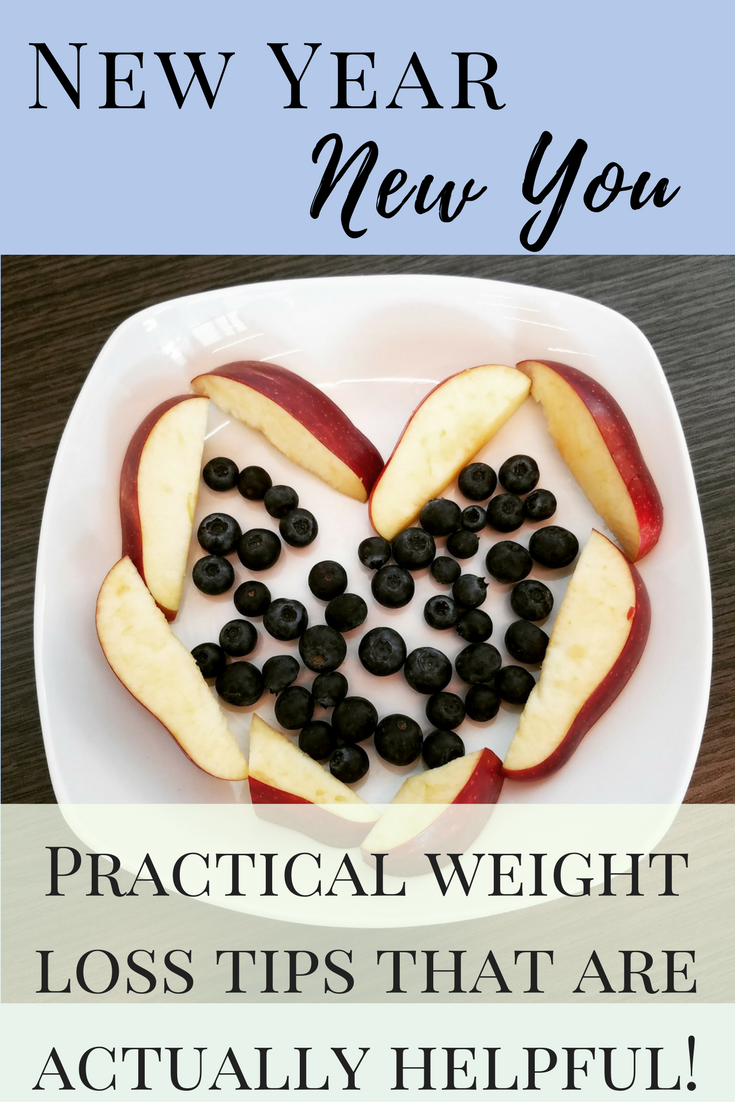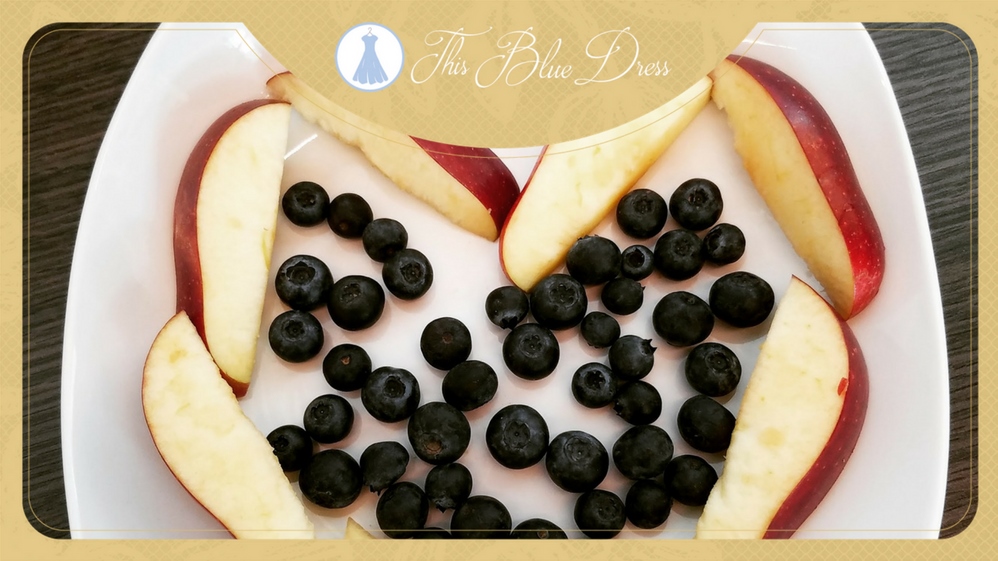How to diet successfully as a Foodie
While I have been unable to pinpoint the average weight gain for Americans through the holiday season, I think we can agree that the average American gains at least a little weight between Thanksgiving, Christmas, New Years, and the cold weather conditions winter brings. I’m proud to announce that for the first time, I LOST weight through this holiday season. Despite being surrounded by cookies, pies, turkeys, cocoa, and more, I was able to stick to my diet and exercise goals and have lost 11 pounds so far.
As I mentioned before in this post, I am committed to achieving my goal of returning to a healthy body fat percentage, but it has been a struggle to do this as a foodie. I have had a hard time every day denying myself a sweet fix or a flavorful bowl of soup. So what has helped me progress toward my goal in spite of these feelings and cravings?
Let me share a few of the things that have worked for me, and hopefully they can help you, too!
Reasons Why
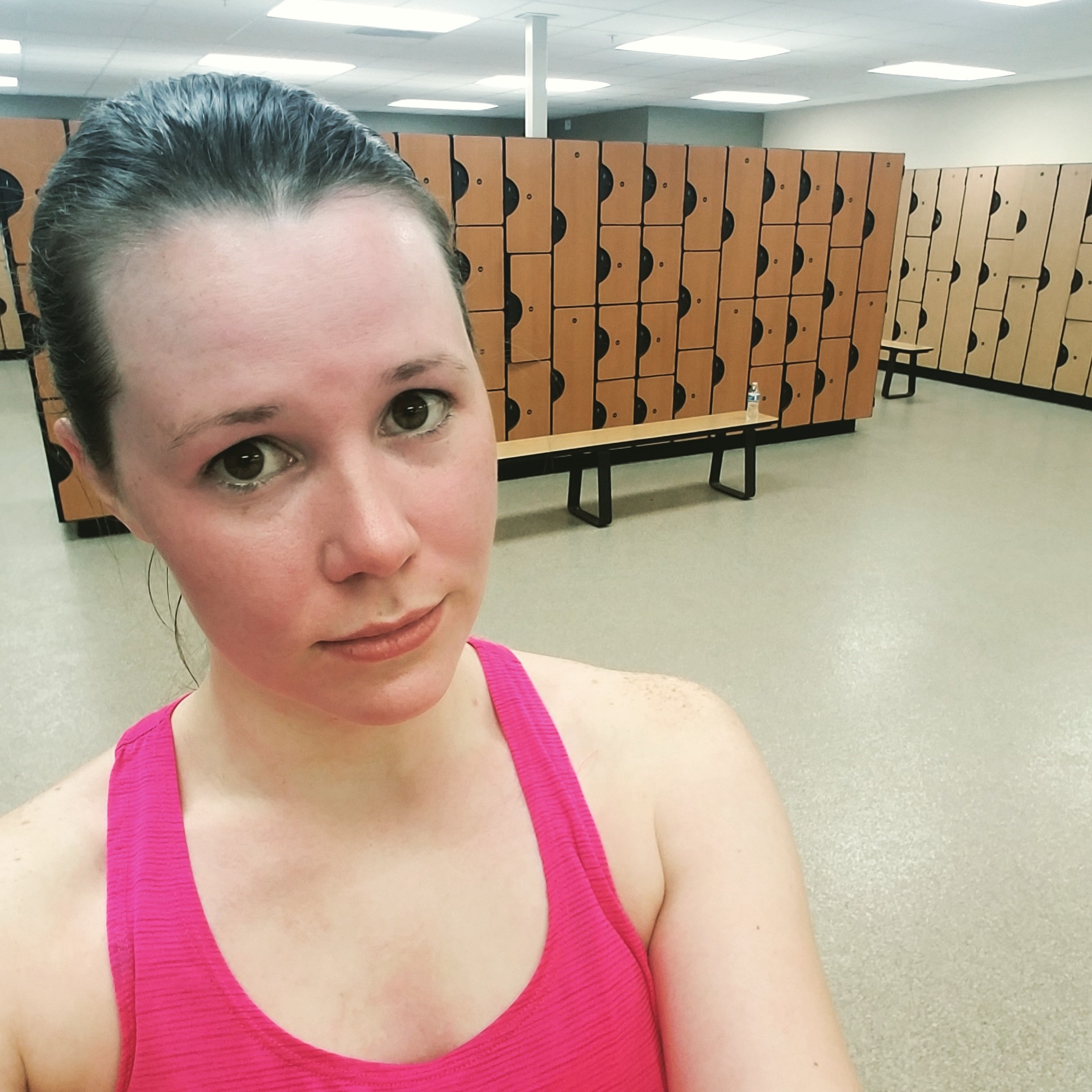
I have created a list of reasons why; why I want to lose weight, why I need to work out, and why I need to live a healthier lifestyle overall. It is crucial to establish clear reasons why you personally want to do certain things. If you have not thought through exactly why you want to lose weight or gain muscle or eat healthier, you are not going to last long. You don’t want to be one of the people who buys a gym membership in January and stops going by the middle of February. You CAN stick to your goals! But in order to do that, you need to know why you have these goals.
Here are some of my “reasons why” to give you somewhere to start thinking.
1: I want to fit into my size small clothes in the back of my closet from college.
2: I personally felt more attractive when I was at a healthier weight, and I want to feel that way again.
3: I want to be able to keep up with my family/boyfriend when we go running or play sports together.
4: I want to be a mom and a grandma who is able to play tag and games with my kids. I never want my health or weight to keep me from fully enjoying my time with my family.
5: If my life ever depends on me being able to run quickly, run far, or be generally physically fit, I want to know I’ve given my best effort to be able to save myself.
Accountability
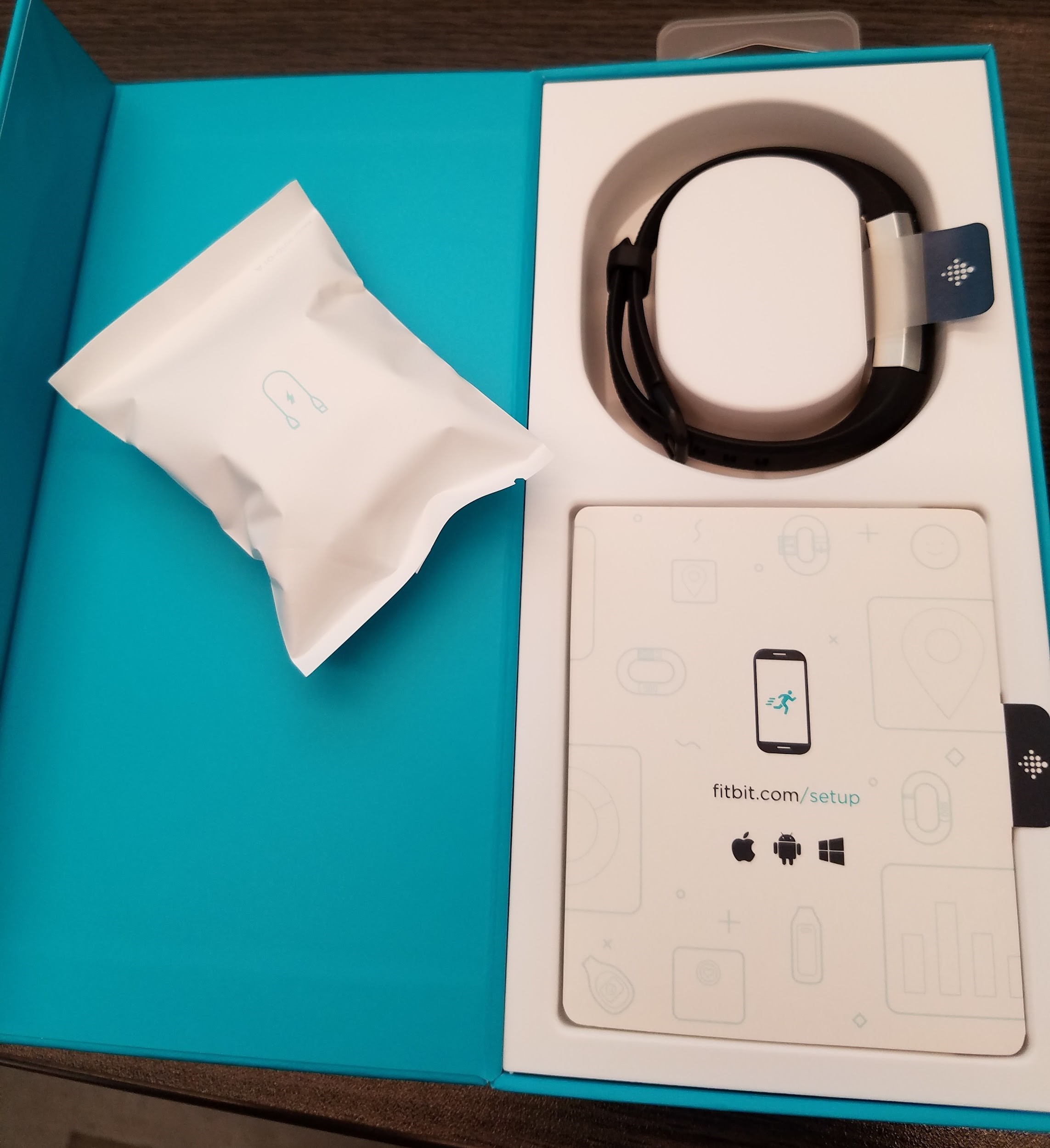
Meeting any goal is easier when you feel accountable for working on or achieving it. One of the best ways to be accountable for working out is to have a workout buddy. It can be a spouse or a family member or a friend. It doesn’t really matter who the person is, only that you consistently workout together so there is the expectation that the other person will meet you at the gym or track. Having a workout buddy also keeps you honest during your workout so you do not cheat yourself.
If you do not have a workout buddy right away, there are other ways to stay accountable. One of the ways I stay accountable to my friends is through various apps on my phone. I am connected with several people on the app My Fitness Pal. They can see when I lose weight and when I log workouts and remotely cheer on my progress. I can also do the same for them, so it’s a great remote support system.
The Fitbit app is another great accountability app if you have a Fitbit tracker. You can start challenges with your friends and view their step progress each day. Knowing that my friends and family can see my progress on these apps motivates me to push myself to workout and meet my goals.
Finally, have someone (or multiple people) that genuinely care about your progress check in with you. I’m not talking about the best friend that will compliment you when you complain about how you look and console you when you miss workouts. I’m talking about the friend who will check with you about how your diet is going and push you to do your best workouts, not because they want to guilt you, but because they care about you and your goals.
My boyfriend has been very supportive through my dieting/exercise goals the last few months and my friends at work help me stay strong on my diet at the office. Find the right friends/family members to keep you honest and hang onto them! You need a support system through this process as much as you need people to keep you accountable.
Goal Setting
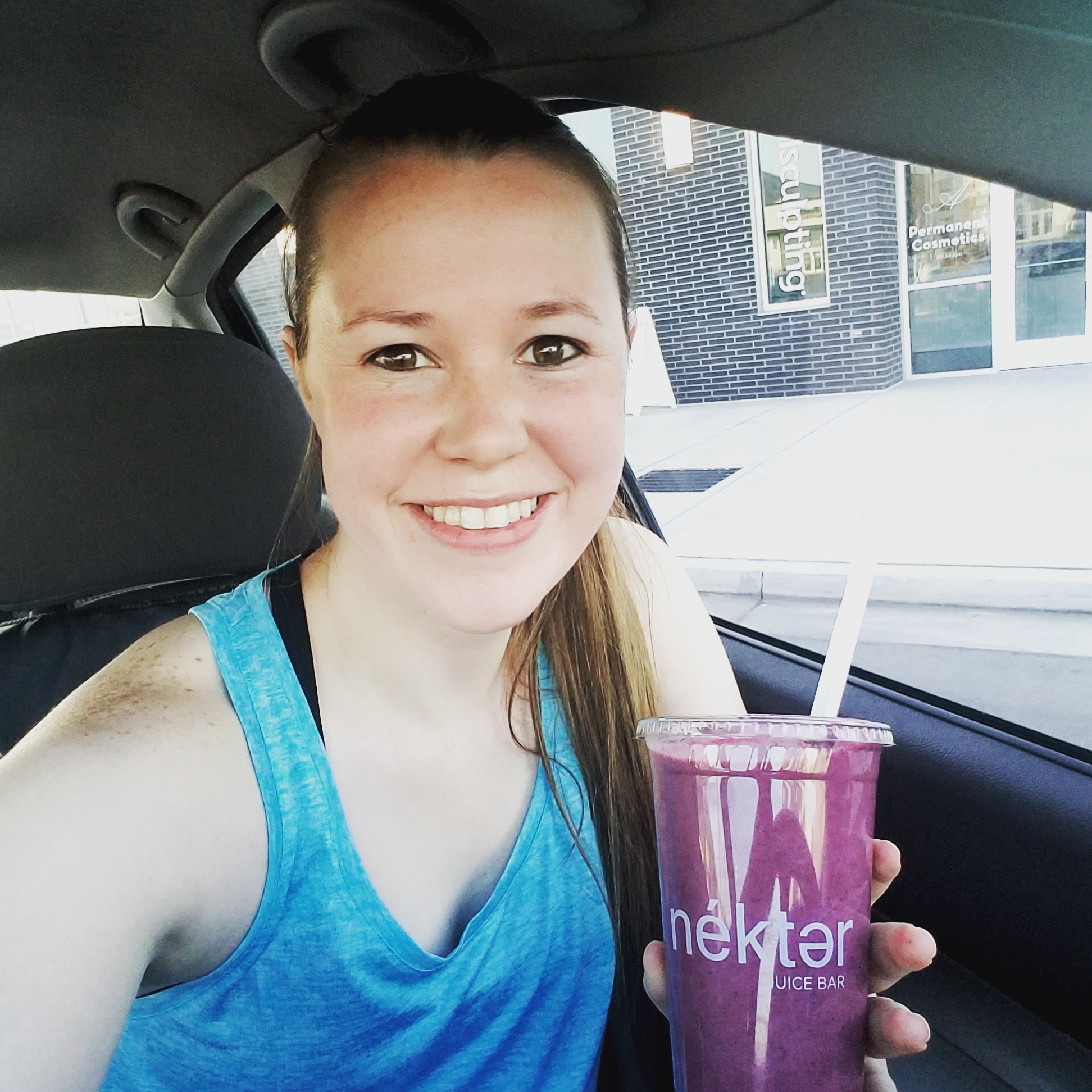
Goal setting is a HUGE part of losing weight and living a healthier lifestyle. It is important to set goals for yourself, but what is the best way to do this? Where does one start?
The first thing you need to do is set an end goal for yourself. What is it that you ultimately want? It is vital that you make this a specific item. For example, I want to be healthier. That is what started this whole process for me. However, that is not a good end goal. Why? Because it’s so vague. I could eat one scoop of ice cream a day and tell myself that is healthier for me than eating three scoops of ice cream a day. It’s too hard to measure and too easy to cheat on. So instead, my end goal is to lose 31 pounds. That is my goal that I am ultimately working toward.
Establishing your end goal from the beginning is a great way to start, but you need to break it down more than that. You have to set intermittent marker goals as well! When I started my diet and new exercise regime, I told myself that I wanted to lose an average of .7 pounds a week so I can maintain my weight loss. With that in mind, I set the goal to lose 10 pounds by Christmas this year.
I was able to monitor my weekly weight loss to make sure I was on track to meet this smaller goal, which in turn will help me meet my end goal. Giving yourself smaller, intermediate goals will help you stay on track for your larger goal and help you feel successful rather than frustrated that you aren’t moving fast enough. Without these smaller goals to meet, it is easier to give up.
It’s also helpful to write these goals down! Sit down and physically write your main goal and then write down your intermediate goals that will help you achieve the end goal you made. Having them written down helps you remember them, feel accountable for them, and helps clarify them instead of having vague goals. I even write my next goals on my bathroom mirror. It gives me a reminder every morning of the intermediate goal I am currently working on.
Random Tips that have really helped me in my fitness goals
1: Give yourself something to be excited about when you get started. I got a Fitbit and some new workout clothes for the gym when I first started this journey. This was something that helped me get excited and in the mood for working out again. Find something that works for you!
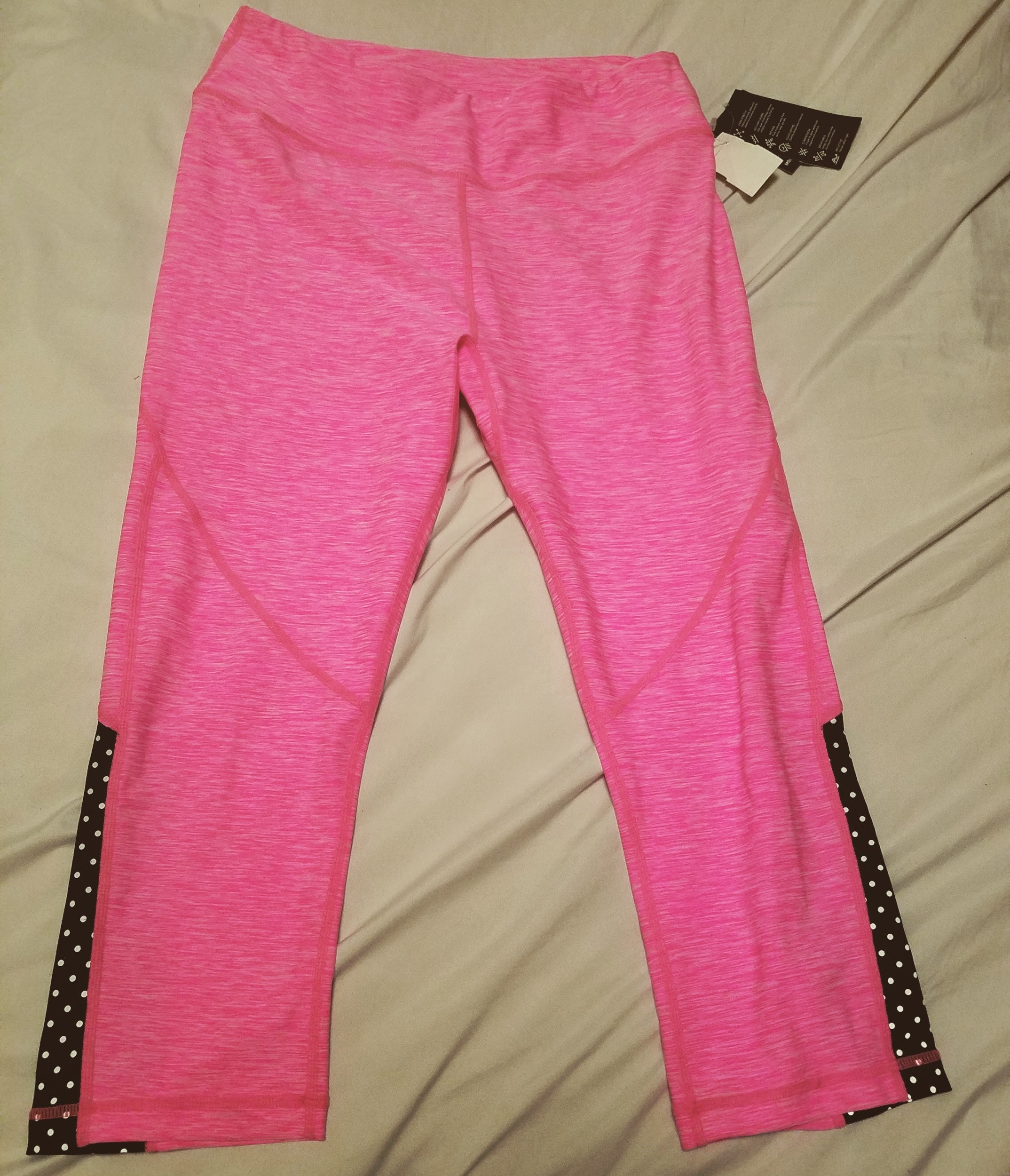
2: Preparation is key. Just like you did in kindergarten, lay out your day clothes AND your workout clothes the night before. Get your healthy/diet food prepped and into containers the night before as well. It’s so easy to skip the gym if you have to go home to get workout clothes and easy to justify eating unhealthy food for lunch when you fail to prepare properly. Don’t wait till the morning of. Have it all ready to go every night for the next day.
3: This one may sound a little weird to some people, but I have been keeping my bathroom scale in my kitchen. I have it sitting on the floor, and I see it every time I walk into my kitchen. Seeing the scale reminds me of all of the work I’ve been doing to lose weight. I’m less likely to grab some chocolates or chips after the physical reminder of seeing the scale. It’s actually helped me stick to a diet a lot more than I thought it would.
4: Keep a daily log of your weight. You don’t have to obsessively weigh yourself throughout the day, but it’s a good idea to weigh yourself at least once a day. I weigh myself every morning before getting dressed to go to work. Try to keep the time of day as consistent as you can, as well as your state of dress/undress when you weigh yourself. Then record it!
I have a plain notepad that I use as my weight log. I record the date, time, and weight. Seeing the daily weight helps me keep track of my actual progress since weight can fluctuate quite a bit with water weight and such. Once I see that I have been under a certain weight for at least a week, I mark it as weight lost.
5: Dieting is crucial to losing weight, but you also need to work out consistently. Building muscle will increase your resting metabolic rate, which will help you keep off the weight you lose. Resistance training is vital to this. Make sure you’re alternating between weight lifting and cardio.
6: Reward yourself! Break down your goals a little further and reward yourself for meeting them. I broke down my Christmas goal into 2 parts, giving myself two 5-pound weight loss goals. I wrote each goal on my mirror along with the reward I would get when I achieved the goal. For losing my first five pounds, I got a pedicure. For losing the next five, I got new wireless headphones for the gym. Having these rewards gives me an extra incentive to meet my goals.
Dieting Tips
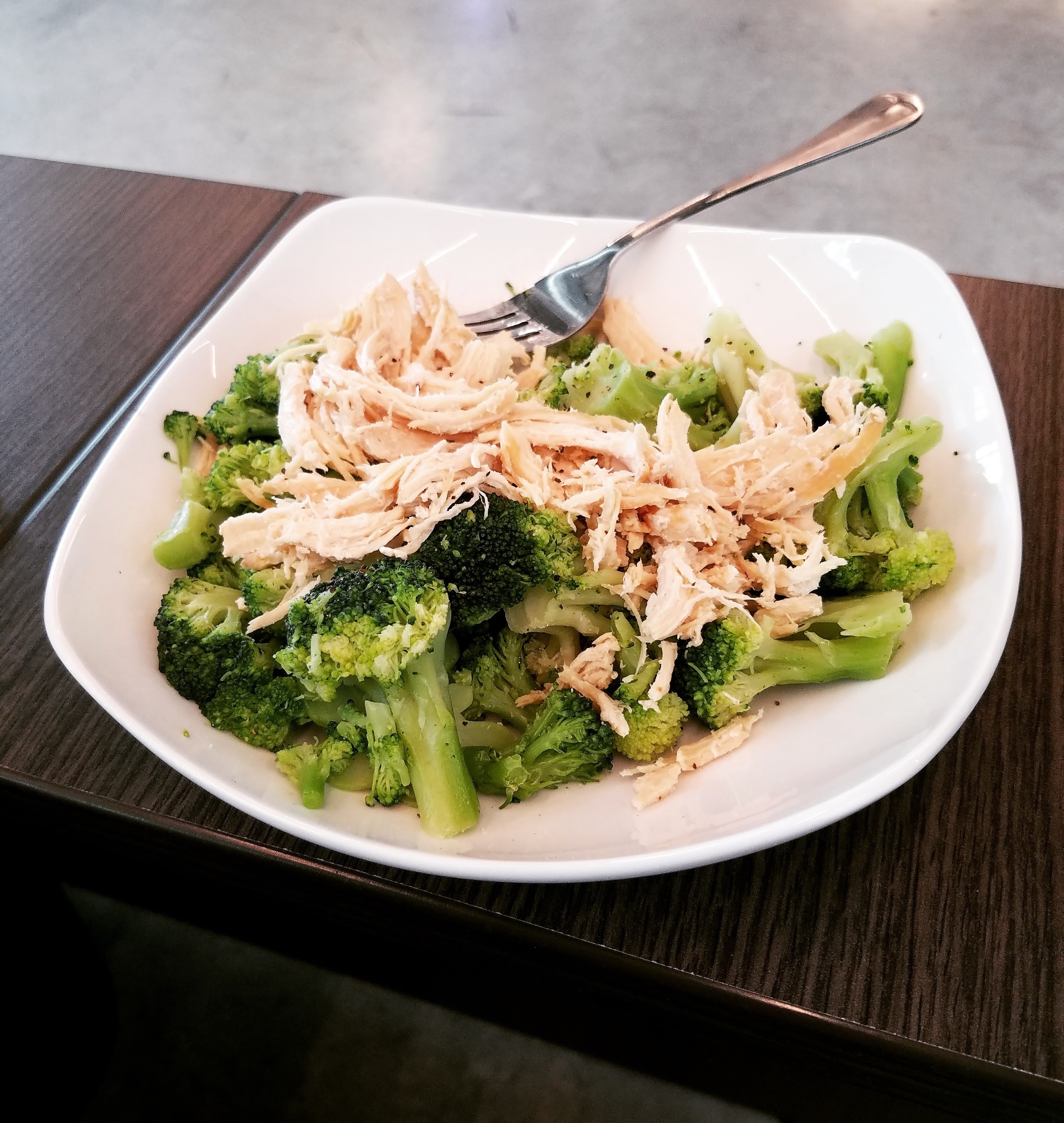
1: Figure out what you can stick to and what you cannot. If I had to eat cauliflower and salad every day, I would have quit my diet a long time ago. However, I can handle eating broccoli several times a week so I eat a lot of that.
2: Eat smaller meals throughout the day instead of larger meals less frequently. Do not save your calories for a large dinner just before you go to sleep. How much you eat and when you eat are important just like what you are eating. It’s harder to build muscle on 1300 calories of donuts than 1300 calories of protein.
3: Add seasonings/spices to your food. Adding salt and pepper adds a surprising amount of flavor to your meals without adding the calories/sugar that sauces have.
4: Just be aware of what you’re eating! I started using the app My Fitness Pal mainly as a meal/calorie tracker. It helps me see how many calories I have used during the day in an efficient and easy way. I soon discovered that one of my favorite brands chocolate milk had 500 calories in ONE serving. Considering I often drank that chocolate milk with a bagel or a donut, I was easily using more than half of my daily calorie count on breakfast or a snack and I had NO idea. I’d never read the label on the chocolate milk before starting my diet. Simply being aware of what you’re putting in your body will do wonders. Using the calorie counter on the app also keeps me honest about staying under my calories for the day.
5: Don’t be pressured into social eating or drinking. Your friends and family may tease you about dieting or they may be supportive. Either way, don’t feel pressured to eat just because people around you are eating. Stick to your goals regardless of what other people are eating!
6: Try to be patient with yourself. I NEVER thought I would say this, despite many people telling me it was the case with dieting. I have been a diehard foodie my whole life. My siblings still comment on how much food I can put away. At the beginning of my diet, every single day was a struggle for me. I wanted more food at night, I struggled not making desserts, and I hated not eating out as much.
Recently, I have been genuinely shocked to find that I physically cannot eat as much as I could a few months ago. I can’t finish a whole Cafe Rio salad without making myself sick, I don’t need as much for a meal before I feel full, and I don’t crave sweet things as much as I used to. Don’t get me wrong, I still love a good steak and an apple will never quite beat out a milkshake for dessert. However, since being on a diet I feel much more in control of my appetite and I’m surprised to find how much I like that feeling. Give yourself time to see progress! It caught me off guard, but by sticking to my goals daily, I have seen progress all around in my life in just a few months.

I wish you all the best of luck with your health goals, whether you have been on a self-improvement journey for a while or are just getting started. This is not an easy thing to do. It’s been hard to be patient with myself as I slowly progress toward my end goal, but I know that it will be worth it. If you have any diet tips or tricks that work for you, I’d love to hear about them in the comments below! I’m always looking for new ways to improve my own weight loss journey.
-MaLee
